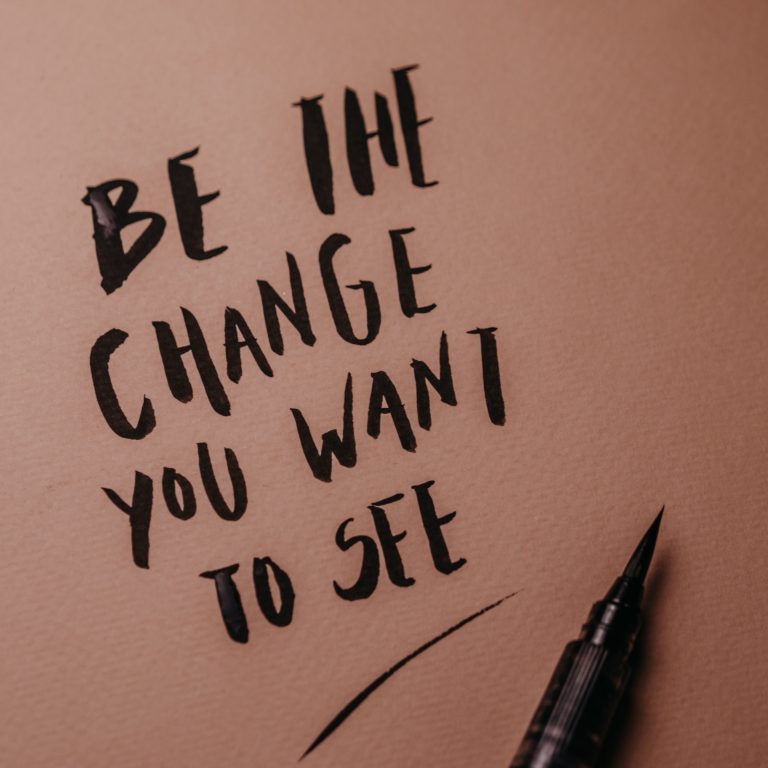As Black History Month comes to an end we celebrate a beautiful and rich heritage.
Many people subconsciously think first of the Trans-Atlantic slave trade of the 1500s when it comes to Black history. But, concealed behind slavery stories and the struggle for freedom is a rich Black African heritage of entrepreneurship, innovation and rich culture.
Before the slave trade, Africa was a hive of economic activity. It was fertile with opportunity; it was not a dead wasteland. History tells us of great kingdoms in places like Mali, Nigeria, Zimbabwe and Egypt, where their intellectual brilliance produced notable contributions to art, science, medicine, technology, engineering and astrology.
Africans were also key players in international trade for many centuries. British, Portuguese, French, Chinese, Indian and American merchants, to name a few, came seeking gold, ivory, tobacco, spices, and even luxurious crafts.
Not only were they trading in commodities, but Africans were also providing soldiers to augment the British and Roman armed forces.
For centuries, the slave trade stripped Africa of its skilled workforce by the millions. We repeatedly hear of their work in the plantations, but that was not all they did. Their masters employed their knowledge and skills in various roles such as shipping and running businesses.
Some slaves became free even before slavery was finally abolished. It was important to be both physically and mentally free. Education secured mental freedom for so many, including Olaudah Equiano (1745 – 1797), African writer and anti-slavery campaigner.
Olaudah’s education increased his value to his masters, positioning him in skilled roles and eventually as a business partner. It also saved him from being recaptured and returned to slavery when he became free. His autobiography helped sway public opinion in favour of abolishing the slave trade and made him financially independent.
Today, people of black African heritage move around freely but still contend with significant barriers and discrimination. As an employer with a culturally rich and diverse team, education and social inclusion is one way that employers like Kirkwood Consulting and KTAS can play our part by working with organisations to increase the diversification of their talent pool and to encourage them to open up more graduate roles to BAME students within their organisations. Educators can also play their part to educate and empower the next generation of young people by making Black History a part of the curriculum and organisations must have those uncomfortable conversations around race and equal opportunities.









